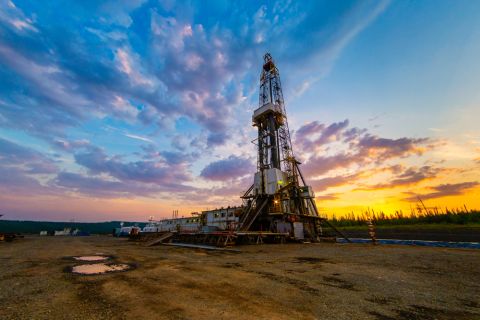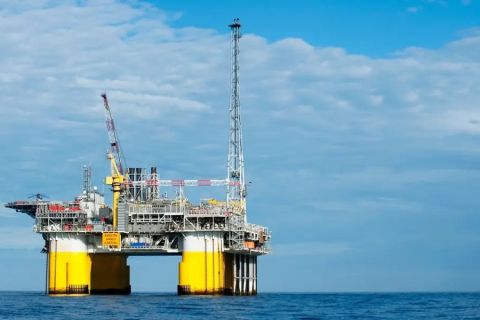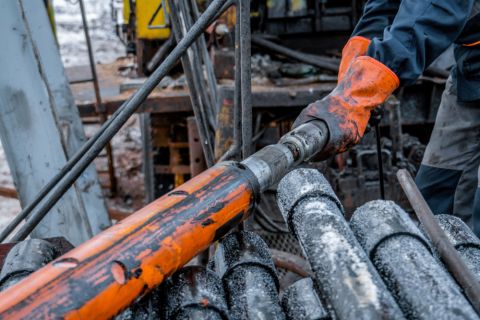[Editor's note: This story was updated at 11:56 a.m. CST Jan. 9.]
Top oil exporter Saudi Arabia announced a slight rise in its crude oil reserves on Jan. 9 after they were independently audited, providing more detail about the size of deposits shrouded in secrecy for decades.
Saudi Arabia's reserves of easily recoverable oil have long been the world's largest but few details were public. The external audit was started as part of preparations for the IPO of state oil company Aramco.
The Saudi Energy Ministry said in a statement carried by state news agency SPA that Saudi Arabia's proven oil and gas reserves stood at around 268.5 billion barrels of oil and 325.1 trillion standard cubic feet of gas as of the end of 2017.
"The results point out that the kingdom's reserves of oil and gas are bigger than what we have been announcing," Saudi Energy Minister Khalid al-Falih told a news conference in Riyadh.
The audit will dispel skepticism in the oil industry about the size of Saudi reserves and provide assurance for potential Aramco investors, should the IPO which has been delayed eventually go ahead.
Falih's news conference took place hours later than previously scheduled and SPA corrected its initial announcement of the reserves figures.
'Most Profitable' Reserves
The 2017 figure for crude reserves is larger than the total 260.8 billion barrels Aramco reported in its 2016 annual review.
"This certification underscores why every barrel we produce is the most profitable in the world and why we believe Saudi Aramco is the world’s most valuable company," Falih said in the statement.
Aramco's cost of production is a mere $4 a barrel, he said, giving a rare insight into a key metric not usually disclosed.
Industry experts say it can cost between $30 to $50 to produce a barrel of U.S. shale oil.
Saudi Arabia confirmed for the first time that Dallas-based consultants DeGolyer and MacNaughton carried out the audit.
The consultant evaluated 54 major oil reservoirs operated by Aramco, out of 368 in its portfolio. In DeGolyer's view, these contained 213.1 billion barrels of proved oil reserves, compared to 210.9 billion as estimated internally by Aramco.
For almost 30 years—despite rising production, large swings in oil prices and improved technology—Riyadh had annually reported the same number for reserves at around 261 billion barrels, according to a statistical review by BP Plc (NYSE: BP).
Plans for the Aramco IPO were shelved last year for the foreseeable future, sources told Reuters. Falih said Jan. 8 the kingdom would still go ahead, and list the company by 2021.
Recommended Reading
Drilling Tech Rides a Wave
2024-01-30 - Can new designs, automation and aerospace inspiration boost drilling results?
Tech Trends: Autonomous Drone Aims to Disrupt Subsea Inspection
2024-01-30 - The partners in the project are working to usher in a new era of inspection efficiencies.
TGS, SLB to Conduct Engagement Phase 5 in GoM
2024-02-05 - TGS and SLB’s seventh program within the joint venture involves the acquisition of 157 Outer Continental Shelf blocks.
2023-2025 Subsea Tieback Round-Up
2024-02-06 - Here's a look at subsea tieback projects across the globe. The first in a two-part series, this report highlights some of the subsea tiebacks scheduled to be online by 2025.
StimStixx, Hunting Titan Partner on Well Perforation, Acidizing
2024-02-07 - The strategic partnership between StimStixx Technologies and Hunting Titan will increase well treatments and reduce costs, the companies said.





